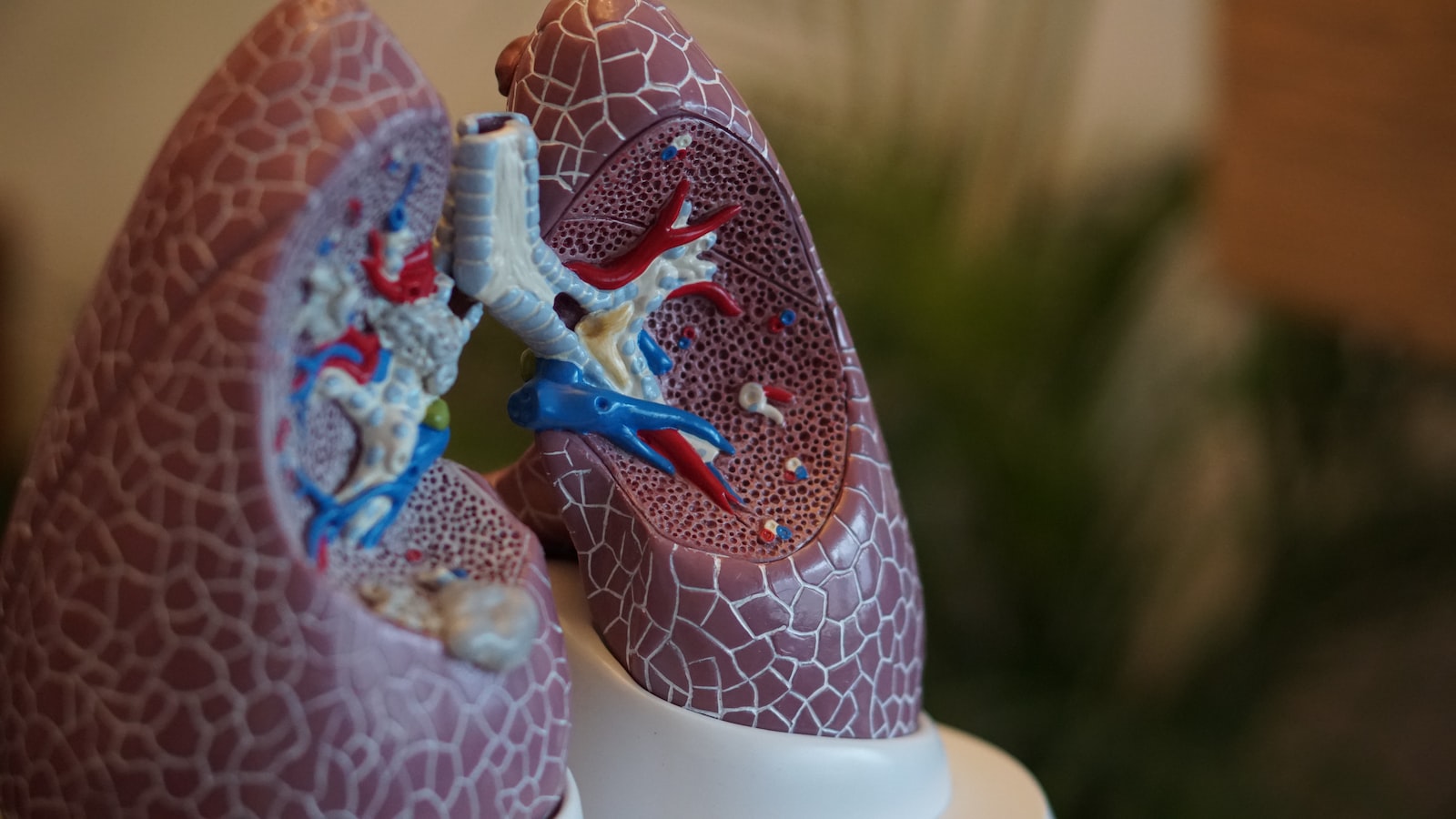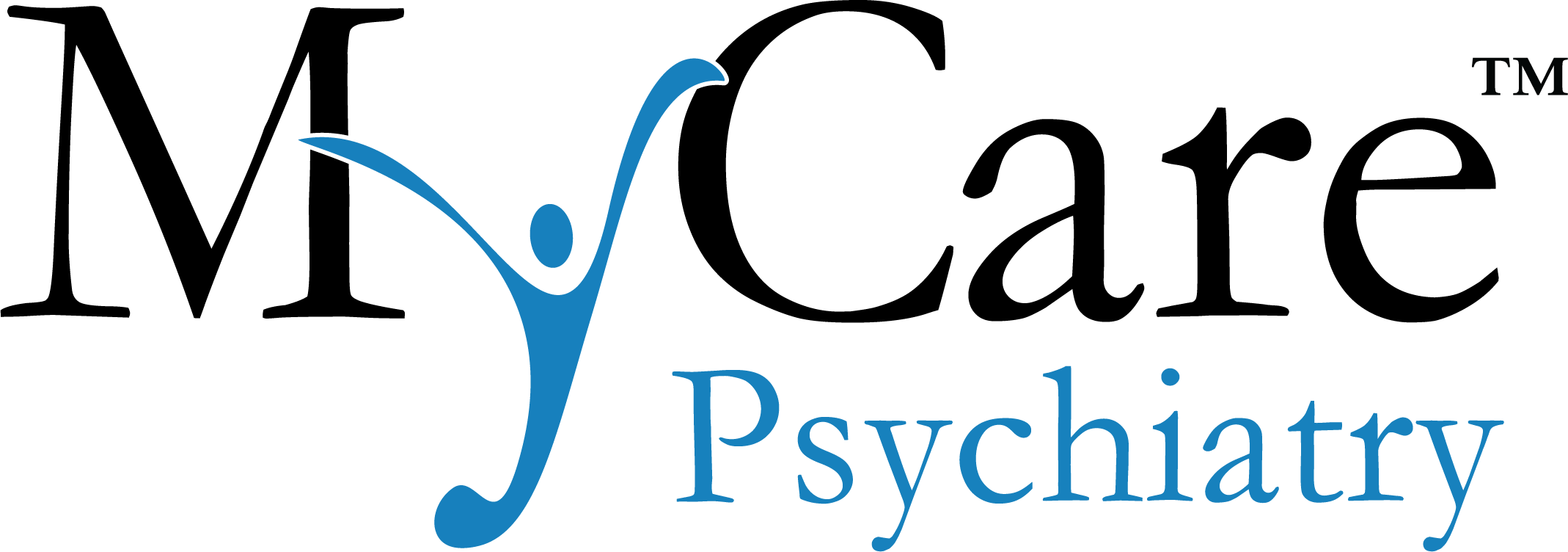Large Study Confirms the Benefit to Patients of Advanced Dosing Method for
Saladax Biomedical, Inc. recently presented results from the largest, randomized, prospective dose adjustment-therapeutic drug monitoring (TDM) trial ever conducted in oncology: evaluating 304 patients over six years (abstract # 8051). The Central European Society for Anticancer Research (CESAR) Study of Paclitaxel Therapeutic Drug Monitoring (CEPAC-TDM) phase III study in patients with advanced Non-Small Cell Lung Cancer (NSCLC) (ClinicalTrials.gov Identifier NCT01326767) compared two different methods of dosing paclitaxel: one arm with dose optimization [pharmacokinetically (PK)-guided] to another arm with standard dosing. The results were presented at the American Society of Clinical Oncology (ASCO) Annual Meeting 2015 taking place in Chicago, Illinois. The presentation is available on the Saladax website at www.saladax.com.
CEPAC-TDM was a study of paclitaxel (PTX) dosing in NSCLC patients receiving PTX in combination with carboplatin on a 3-weekly schedule. Standard dosing of chemotherapy does not account for the many differences between patients that make drug exposure highly variable, and variability of exposure can lead to severe toxicity and/or shorter survival.
Patients with advanced NSCLC receiving PTX/carboplatin chemotherapy were enrolled at nine German and one Swiss institution. In the PK-guided arm the majority of patients saw a significant reduction in the dose with fewer toxic side effects and the same survival as the standard arm. This well controlled, randomized study showed that using PK-guided dosing with 3-weekly PTX in NSCLC patients, results in a clinically significant reduction of both neutropenia and neuropathy compared to standard dosing. The reduction in neuropathy is particularly important because there are no known effective therapies to treat or prevent this often debilitating side effect. The lower average PTX doses only reduced toxicity and did not reduce efficacy, confirming the value of PK-guided dosing with chemotherapy patients.
At the same conference, interim results from a similar randomized study in NSCLC (ClinicalTrials.gov Identifier NCT02058433) reported from Shanghai Pulmonary Hospital in China revealed comparable findings, further demonstrating the value of PK-guided dosing (abstract # 8052).



